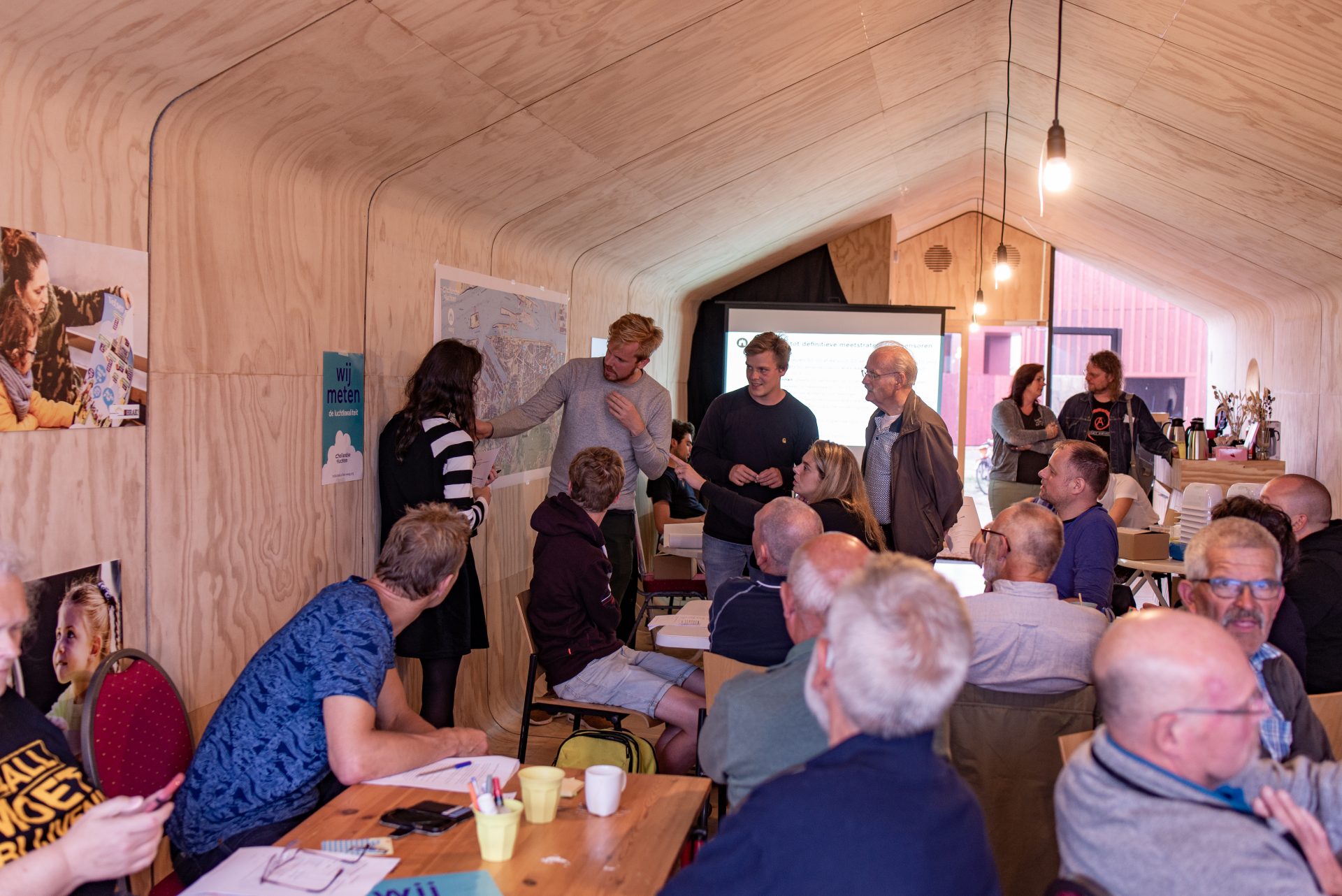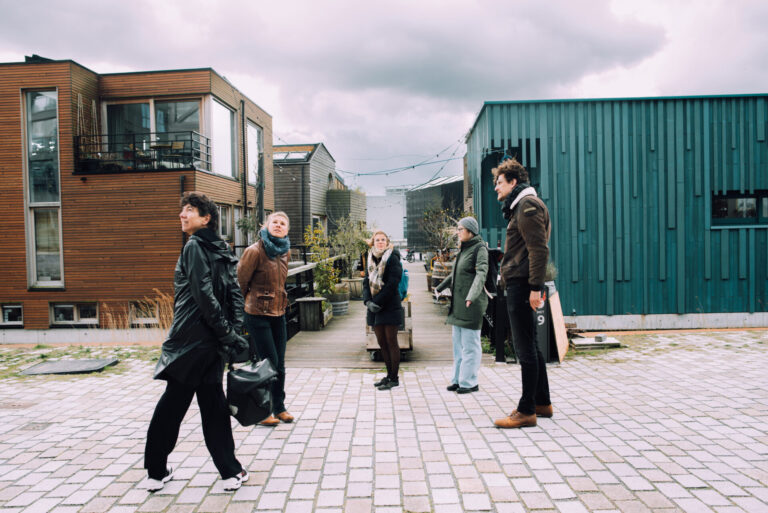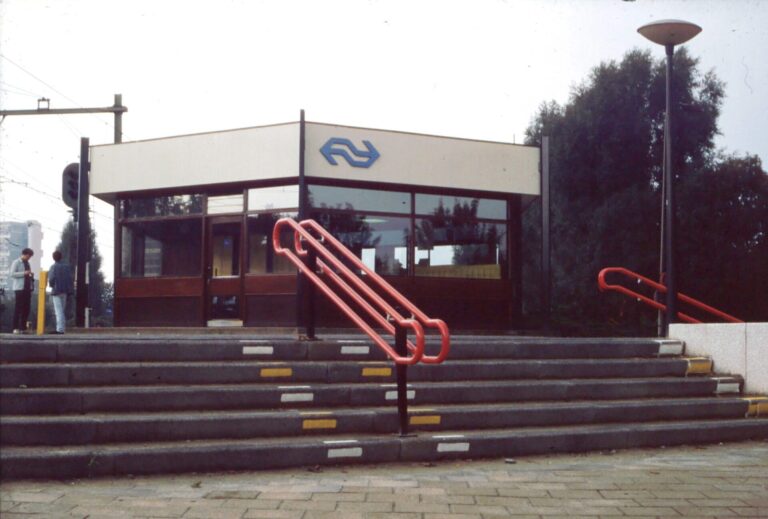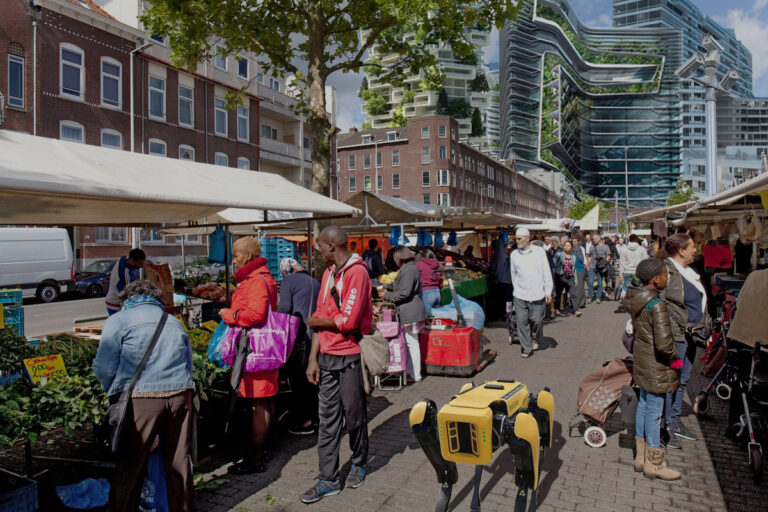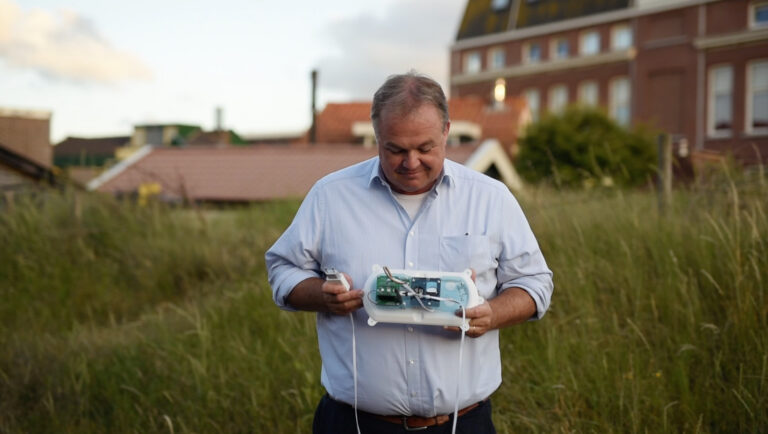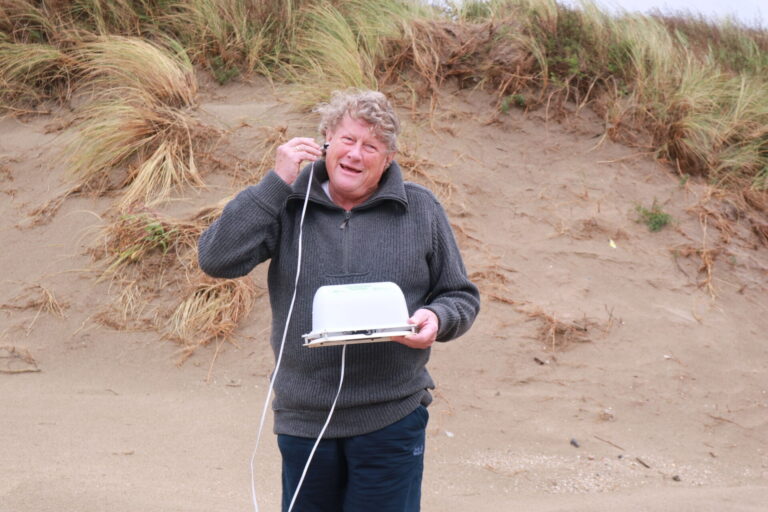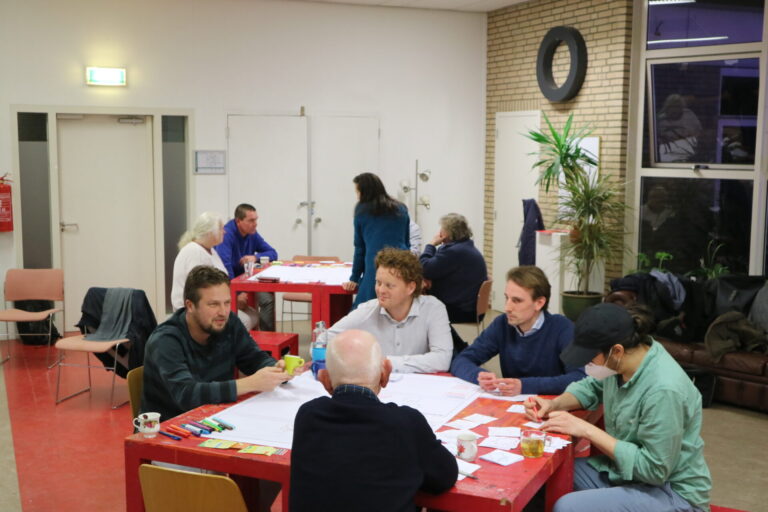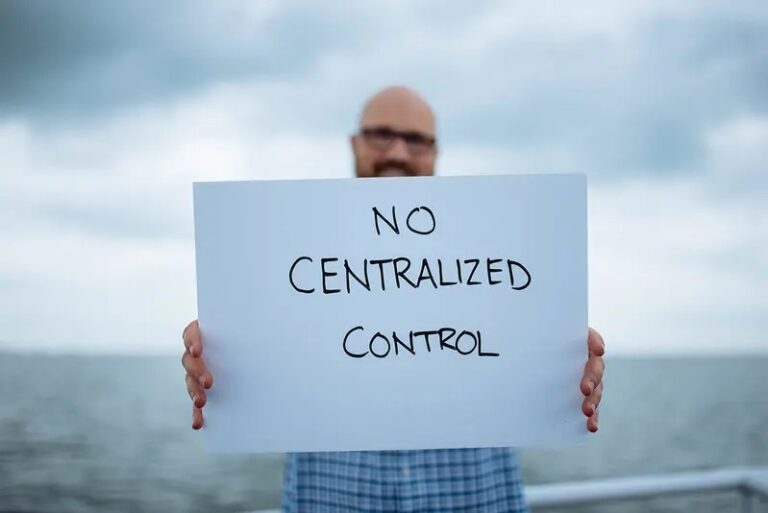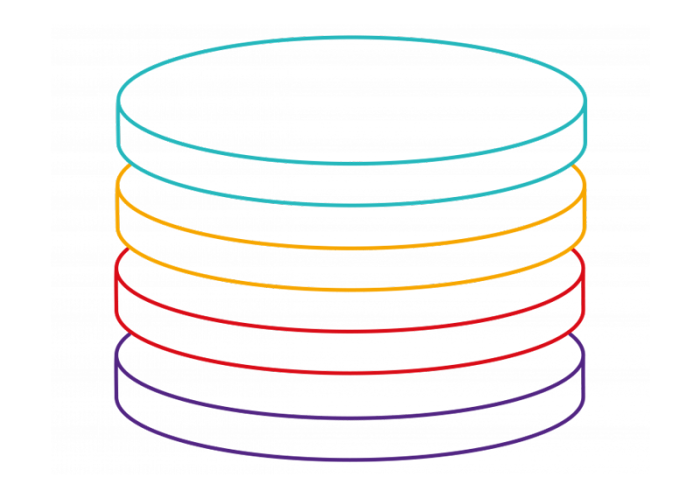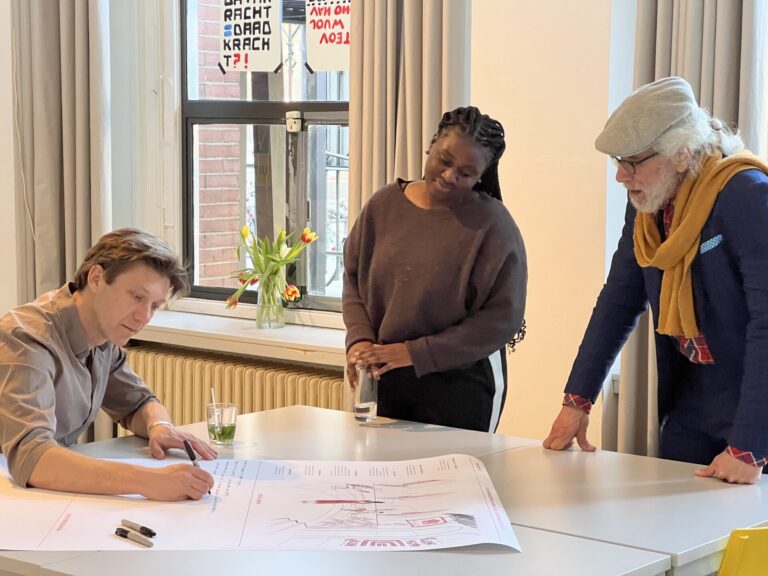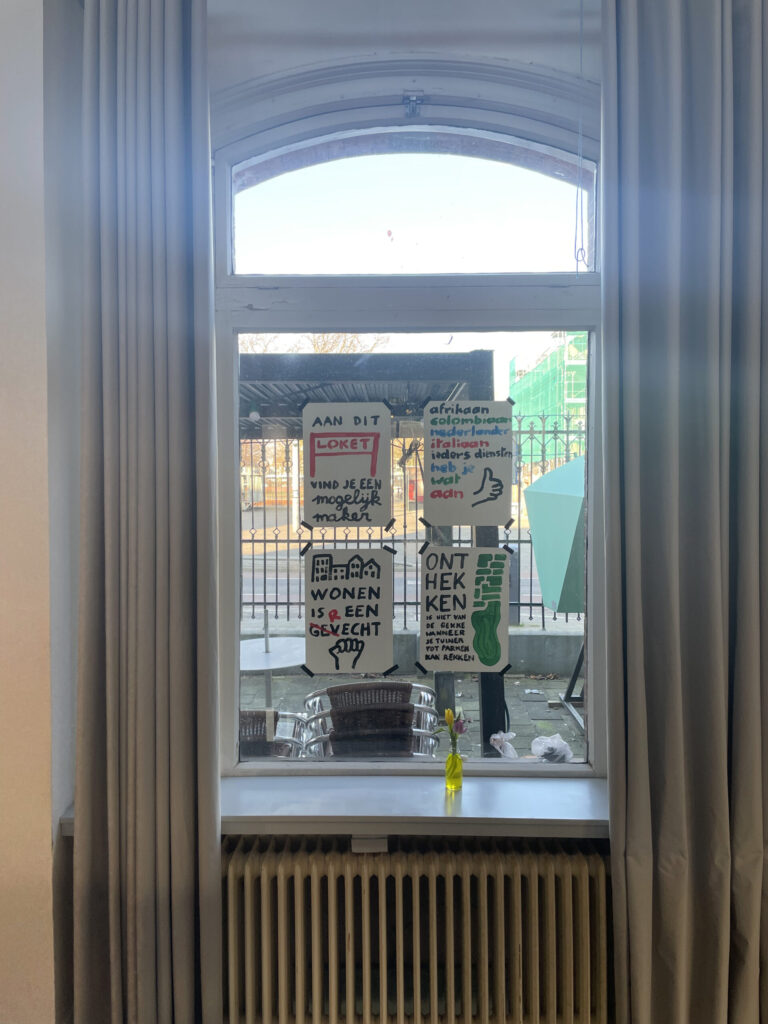Shared Cities, Smart Citizens examines the conditions for building shared smart cities based on data commons and explores how these data commons can contribute to the empowerment of citizens.
We will research the roles and powers community stakeholders have, the ways in which they interact with data, and how creative and participatory methodologies could serve to apply/realize the concept of a data commons in real-life projects to tackle urban challenges. Placed at the center of addressing these challenges are public values and the rights and needs of citizens.
